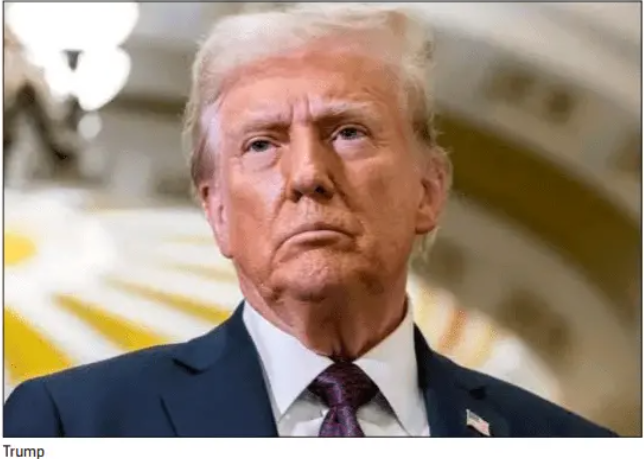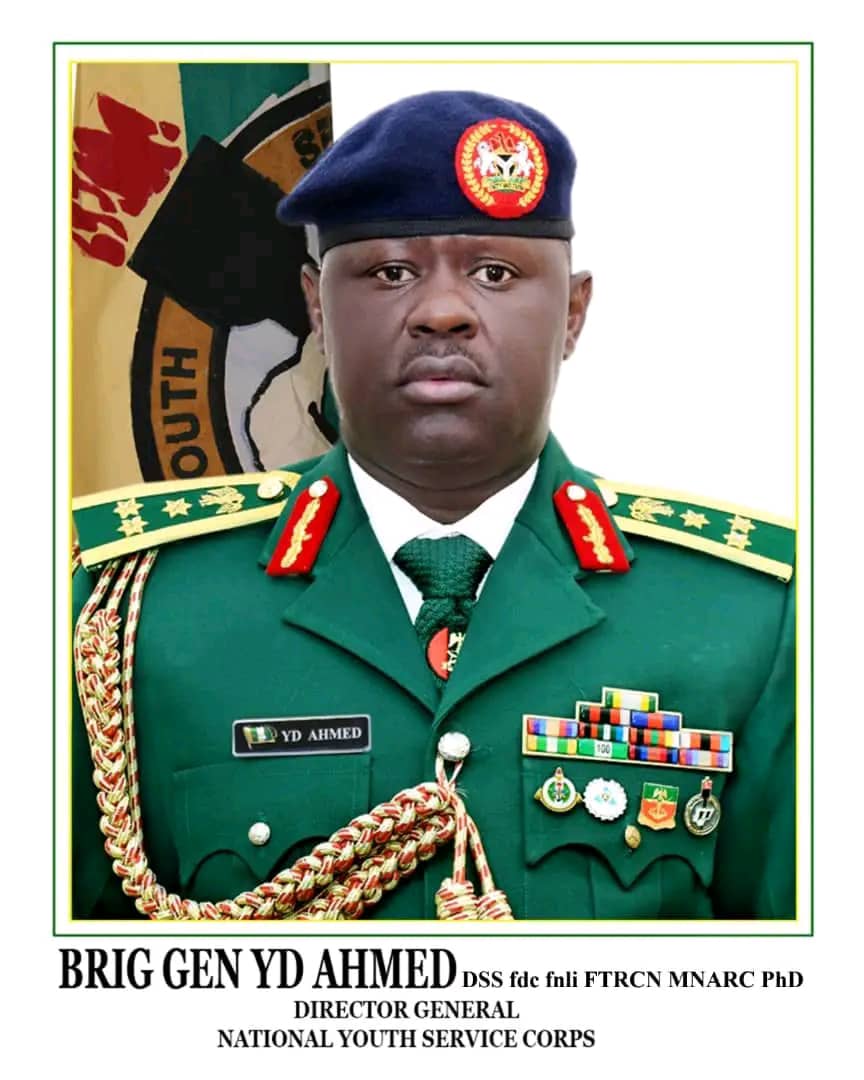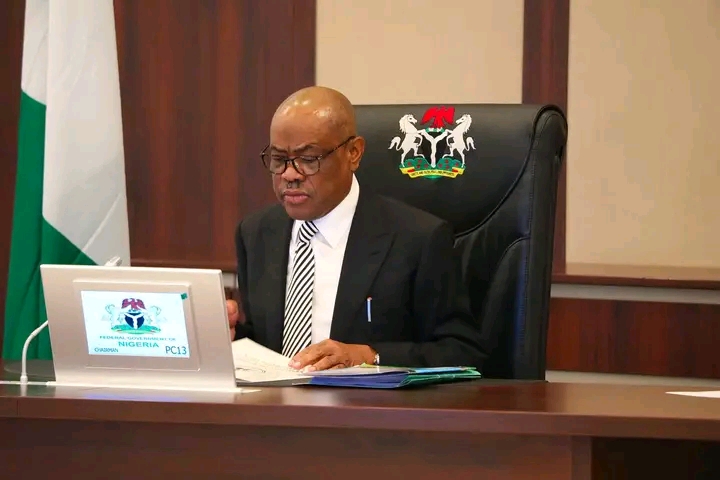According to The Sun News, Ambassador Gani Lawal, the President of the Association of Foreign Relations Professionals in Nigeria (AFRPN), has urged the Nigerian government to adopt the principle of reciprocity in response to the ongoing mass deportation of foreign nationals by the United States. His call comes in light of reports that over 3,700 Nigerians residing in the U.S. are facing deportation. Lawal stated that if Nigerians, who are legally residing and working in the U.S., are subjected to deportation, the Nigerian government should take similar actions against American citizens and companies operating in Nigeria. He emphasized that under the reciprocity clause of the Vienna Convention on Diplomatic Relations, Nigeria would be justified in imposing restrictions or deporting American nationals from the country.
“If legal and working Nigerians are deported, all American citizens and companies working in Nigeria must be deported or banned from operating or working in Nigeria,” Lawal remarked. He further suggested that such a move would send a clear message to President Donald Trump about the consequences of his actions, saying that this approach would force him to understand the potential fallout from such decisions.
Lawal, who has served as Nigeria’s Deputy Principal Representative in Algeria, acknowledged that the deportation of illegal immigrants is within a government’s discretion. However, he cautioned that Trump should tread carefully, as the United Nations (UN) has clarified that there is no such thing as “illegal migration.” Instead, irregular migration is the term now used, and it is no longer classified as a criminal offense. This distinction, according to Lawal, should influence the way countries handle deportations, especially when dealing with people who may have entered or stayed in a country irregularly but not unlawfully.
Addressing the broader implications of the mass deportation policy on Nigeria-U.S. relations, Lawal suggested that the policy could serve as a distraction to an otherwise peaceful diplomatic relationship. He described the potential fallout as a “rumpus in peaceful relations,” which could divert attention from more pressing matters in foreign relations. According to Lawal, one of Nigeria’s key foreign policy objectives is to protect its citizens abroad, particularly when they face existential threats. He argued that Nigeria would need to reassess its diplomatic strategy to ensure the safety of its citizens in light of the mass deportations.
Lawal also dismissed Trump’s rhetoric, characterizing it as part of the president’s usual tactic to rally support from his political base, including “felons and deplorable racists.” He noted that while Trump’s statements might resonate with his supporters, many of his claims are unachievable, as no nation operates in isolation. The diplomat reminded that “the world is round,” and the consequences of actions taken by one nation often reverberate across borders, implying that what one country does to others can eventually come back to affect it.
Lawal’s comments underline the growing tension between the Nigerian government and the United States over immigration policies, particularly the mass deportation of Nigerians. His call for reciprocity highlights the broader implications such policies could have on diplomatic ties and the protection of citizens abroad.











